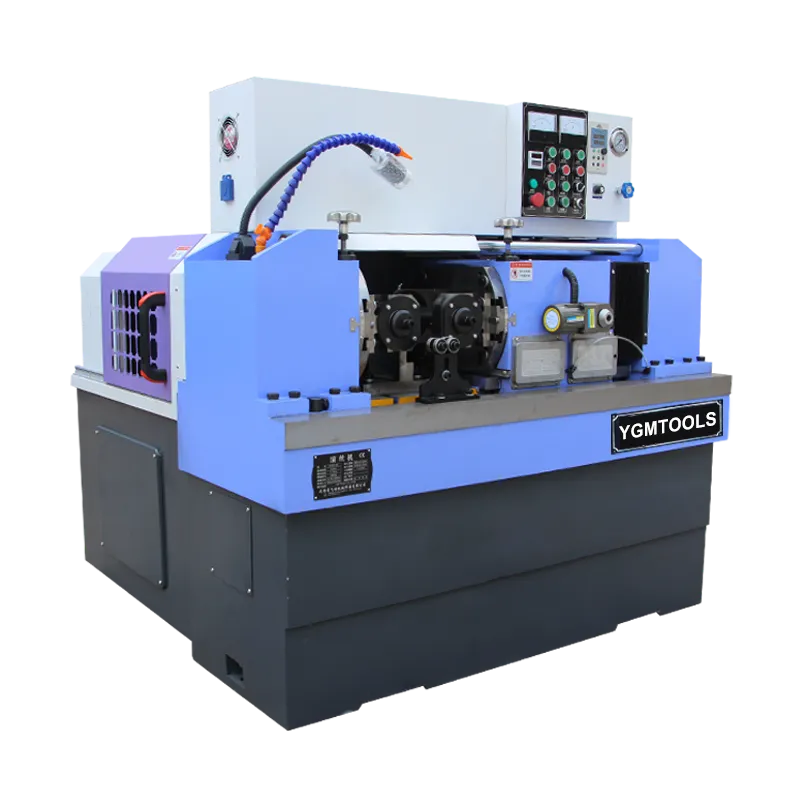
-
 Afrikaans
Afrikaans -
 Albanian
Albanian -
 Amharic
Amharic -
 Arabic
Arabic -
 Armenian
Armenian -
 Azerbaijani
Azerbaijani -
 Basque
Basque -
 Belarusian
Belarusian -
 Bengali
Bengali -
 Bosnian
Bosnian -
 Bulgarian
Bulgarian -
 Catalan
Catalan -
 Cebuano
Cebuano -
 Corsican
Corsican -
 Croatian
Croatian -
 Czech
Czech -
 Danish
Danish -
 Dutch
Dutch -
 English
English -
 Esperanto
Esperanto -
 Estonian
Estonian -
 Finnish
Finnish -
 French
French -
 Frisian
Frisian -
 Galician
Galician -
 Georgian
Georgian -
 German
German -
 Greek
Greek -
 Gujarati
Gujarati -
 Haitian Creole
Haitian Creole -
 hausa
hausa -
 hawaiian
hawaiian -
 Hebrew
Hebrew -
 Hindi
Hindi -
 Miao
Miao -
 Hungarian
Hungarian -
 Icelandic
Icelandic -
 igbo
igbo -
 Indonesian
Indonesian -
 irish
irish -
 Italian
Italian -
 Japanese
Japanese -
 Javanese
Javanese -
 Kannada
Kannada -
 kazakh
kazakh -
 Khmer
Khmer -
 Rwandese
Rwandese -
 Korean
Korean -
 Kurdish
Kurdish -
 Kyrgyz
Kyrgyz -
 Lao
Lao -
 Latin
Latin -
 Latvian
Latvian -
 Lithuanian
Lithuanian -
 Luxembourgish
Luxembourgish -
 Macedonian
Macedonian -
 Malgashi
Malgashi -
 Malay
Malay -
 Malayalam
Malayalam -
 Maltese
Maltese -
 Maori
Maori -
 Marathi
Marathi -
 Mongolian
Mongolian -
 Myanmar
Myanmar -
 Nepali
Nepali -
 Norwegian
Norwegian -
 Norwegian
Norwegian -
 Occitan
Occitan -
 Pashto
Pashto -
 Persian
Persian -
 Polish
Polish -
 Portuguese
Portuguese -
 Punjabi
Punjabi -
 Romanian
Romanian -
 Russian
Russian -
 Samoan
Samoan -
 Scottish Gaelic
Scottish Gaelic -
 Serbian
Serbian -
 Sesotho
Sesotho -
 Shona
Shona -
 Sindhi
Sindhi -
 Sinhala
Sinhala -
 Slovak
Slovak -
 Slovenian
Slovenian -
 Somali
Somali -
 Spanish
Spanish -
 Sundanese
Sundanese -
 Swahili
Swahili -
 Swedish
Swedish -
 Tagalog
Tagalog -
 Tajik
Tajik -
 Tamil
Tamil -
 Tatar
Tatar -
 Telugu
Telugu -
 Thai
Thai -
 Turkish
Turkish -
 Turkmen
Turkmen -
 Ukrainian
Ukrainian -
 Urdu
Urdu -
 Uighur
Uighur -
 Uzbek
Uzbek -
 Vietnamese
Vietnamese -
 Welsh
Welsh -
 Bantu
Bantu -
 Yiddish
Yiddish -
 Yoruba
Yoruba -
 Zulu
Zulu
HSN Code for Exporters of Thread Rolling Machines and Related Equipment
Understanding Thread Rolling Machine HSN Code for Exporters
In the global manufacturing landscape, thread rolling machines play a critical role in the production of various threaded components. These machines are essential for industries such as automotive, aerospace, and construction, where precision and efficiency are paramount. For exporters dealing in thread rolling machines, understanding the Harmonized System Nomenclature (HSN) code associated with these machines is vital for compliance and successful trade.
What is HSN Code?
The Harmonized System Nomenclature (HSN) is an internationally standardized numerical method of classifying traded products. It is used by customs authorities around the world to identify goods for the purposes of international trade, tariff collection, and statistical analysis. Each product is assigned a unique code, which helps in the consistent classification of goods across different countries.
HSN Code for Thread Rolling Machines
For exporters dealing specifically in thread rolling machines, the relevant HSN code generally falls under Chapter 84, which pertains to machinery and mechanical appliances. More precisely, thread rolling machines may be classified under a specific subheading that identifies them distinctly among various types of machinery.
Typically, the HSN code for thread rolling machines may be categorized as 8464, which pertains to Machine tools for working metal. This classification includes various types of machine tools that perform operations like cutting, forming, or machining. Within this segment, thread rolling machines would be defined more narrowly and hence may have subcategories that specify their function and capabilities.
Importance for Exporters
For exporters, understanding the correct HSN code is essential for several reasons
1. Customs Compliance Correctly classifying goods using the HSN code ensures compliance with customs regulations. Incorrect coding can lead to delays, fines, or confiscation of goods.
2. Tariff Rates Different HSN codes can attract different tariff rates. By accurately classifying their products, exporters can ensure they are paying the correct amount in duties and taxes, thus optimizing their costs.
thread rolling machine hsn code exporters

3. Statistical Analysis Accurate HSN coding aids in effective statistical tracking of trade flows, production trends, and market demand. This data can be vital for making informed business decisions.
4. Market Penetration Emerging markets might have specific tariff regulations based on the type of machinery being imported. Identifying the correct HSN code can provide exporters with insights into market entry strategies and competitive positioning.
Best Practices for Exporters
To ensure smooth export processes related to thread rolling machines, exporters should follow these best practices
- Research Stay updated on the latest changes and requirements in HSN classifications. This may involve consulting with customs experts or using official government resources.
- Documentation Maintain thorough documentation, including product specifications, machine capabilities, and any certifications. This supports claims made during customs inspection.
- Training Invest in training for staff involved in international trade to ensure that they understand the importance of accurate HSN coding and compliance.
- Collaboration Work closely with logistics and customs brokers who have expertise in the specific requirements for machinery exports. Their knowledge can help navigate complex regulations effectively.
Conclusion
In conclusion, understanding the HSN code for thread rolling machines is crucial for exporters seeking to engage in international trade. By ensuring accurate classification, exporters can not only guarantee compliance and avoid penalties, but also gain competitive advantages in global markets. As the demand for precision machinery continues to grow, exporters who invest time and resources in this area will likely find enhanced opportunities for success in the rapidly evolving landscape of global manufacturing.
